Football diplomacy: banned by FIFA, Russia vie for $10,000 in Vietnam
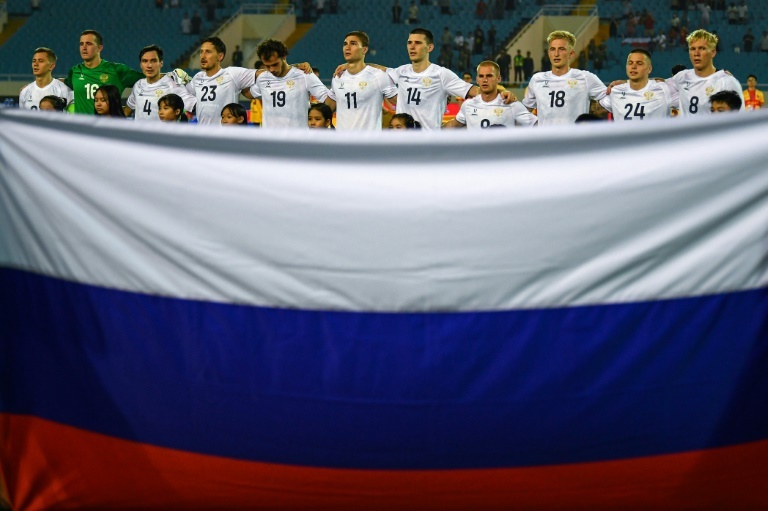
In front of a sparse crowd in Hanoi, Vietnam face Russia -- a team barred from major international football tournaments after Moscow invaded Ukraine.
11 months ago
Three months after Russian President Vladimir Putin travelled to Vietnam - a close ally of Moscow since the Cold War - about 6,000 spectators watched the visitors comfortably win 3-0 on Thursday. Among the rows of empty seats at the 40,000-capacity My Dinh national stadium was Vietnam's Prime Minister Pham Minh Chinh and a handful of Russian fans.
A giant Vietnamese flag was draped across the stands where spectators would normally sit and the friendly was broadcast live on local television. Shortly after Russia invaded Ukraine in February 2022, the national side were barred from the World Cup in Qatar.
They did not participate in the European Championships held in Germany this summer and are not involved in qualifying for the 2026 World Cup. However, the Russian squad is still finding some opponents to play friendlies with on the international stage, usually close political allies. They beat Serbia 4-0 in March and then defeated Belarus by the same scoreline in Minsk in June.
They were to play two matches in Hanoi, the other against Thailand on Saturday, in a mini tournament sponsored by a Vietnamese bank and with the winning team taking home $10,000. "Officials in Moscow appear to be using such meetings to build legitimacy and influence around the world," Simon Chadwick, professor of sport and the geopolitical economy, told AFP.
"These matches could be acts of diplomacy rather than merely being games of football," he added. For Vietnam, ranked 115 in the world and already out of World Cup qualifying, it's unusual to play against a team of Russia's calibre. The travelling Russia squad included goalkeeper Matvey Safonov, who recently joined Paris Saint-Germain.
At a pre-match press conference, head coach Valery Karpin said his players were taking both matches "very seriously" because "we didn't have the opportunities to play against the teams we want to play". Tran Tu Anh, a Vietnamese fan watching Thursday's match, said it was inevitable his side would lose. "But it's no problem, it's fun to watch us playing against such a strong team," he said.
Vietnam and Russia have close ties going back to the 1950s. The former Soviet Union was one of the first countries to recognise the Vietnamese government of Ho Chi Minh and establish diplomatic ties. They also provided Hanoi with ammunition and soldiers during the war against the United States and economic support in the subsequent years.
Vietnam has abstained in UN votes condemning the Russian invasion of Ukraine and, in an op-ed in the Communist Party mouthpiece Nhan Dan newspaper, Putin thanked Hanoi for its "balanced stance on the Ukraine crisis". Football expert Nguyen Luu said Vietnam's so-called "bamboo diplomacy" approach, which allows for a flexible foreign policy, also explained the decision to host the Russian football squad.
"The (global) geopolitical map at present.. has no place for naivety," he told AFP. On the field, "it's a win-win situation" for both teams, said football expert Dang Gia Man. Before the one-sided match, Vietnam head coach Kim Sang-sik admitted there was a "big gap" between the sides. And so it proved. "Our players made a huge effort but they could not achieve a good result," he said afterwards.
Russian midfielder Ivan Oblyakov, speaking Wednesday after landing in Vietnam, was enthused to be in the country. "We don't meet these kind of opponents every day, every month or every year," he said. "So it's very interesting."
A giant Vietnamese flag was draped across the stands where spectators would normally sit and the friendly was broadcast live on local television. Shortly after Russia invaded Ukraine in February 2022, the national side were barred from the World Cup in Qatar.
They did not participate in the European Championships held in Germany this summer and are not involved in qualifying for the 2026 World Cup. However, the Russian squad is still finding some opponents to play friendlies with on the international stage, usually close political allies. They beat Serbia 4-0 in March and then defeated Belarus by the same scoreline in Minsk in June.
They were to play two matches in Hanoi, the other against Thailand on Saturday, in a mini tournament sponsored by a Vietnamese bank and with the winning team taking home $10,000. "Officials in Moscow appear to be using such meetings to build legitimacy and influence around the world," Simon Chadwick, professor of sport and the geopolitical economy, told AFP.
"These matches could be acts of diplomacy rather than merely being games of football," he added. For Vietnam, ranked 115 in the world and already out of World Cup qualifying, it's unusual to play against a team of Russia's calibre. The travelling Russia squad included goalkeeper Matvey Safonov, who recently joined Paris Saint-Germain.
At a pre-match press conference, head coach Valery Karpin said his players were taking both matches "very seriously" because "we didn't have the opportunities to play against the teams we want to play". Tran Tu Anh, a Vietnamese fan watching Thursday's match, said it was inevitable his side would lose. "But it's no problem, it's fun to watch us playing against such a strong team," he said.
Vietnam and Russia have close ties going back to the 1950s. The former Soviet Union was one of the first countries to recognise the Vietnamese government of Ho Chi Minh and establish diplomatic ties. They also provided Hanoi with ammunition and soldiers during the war against the United States and economic support in the subsequent years.
Vietnam has abstained in UN votes condemning the Russian invasion of Ukraine and, in an op-ed in the Communist Party mouthpiece Nhan Dan newspaper, Putin thanked Hanoi for its "balanced stance on the Ukraine crisis". Football expert Nguyen Luu said Vietnam's so-called "bamboo diplomacy" approach, which allows for a flexible foreign policy, also explained the decision to host the Russian football squad.
"The (global) geopolitical map at present.. has no place for naivety," he told AFP. On the field, "it's a win-win situation" for both teams, said football expert Dang Gia Man. Before the one-sided match, Vietnam head coach Kim Sang-sik admitted there was a "big gap" between the sides. And so it proved. "Our players made a huge effort but they could not achieve a good result," he said afterwards.
Russian midfielder Ivan Oblyakov, speaking Wednesday after landing in Vietnam, was enthused to be in the country. "We don't meet these kind of opponents every day, every month or every year," he said. "So it's very interesting."

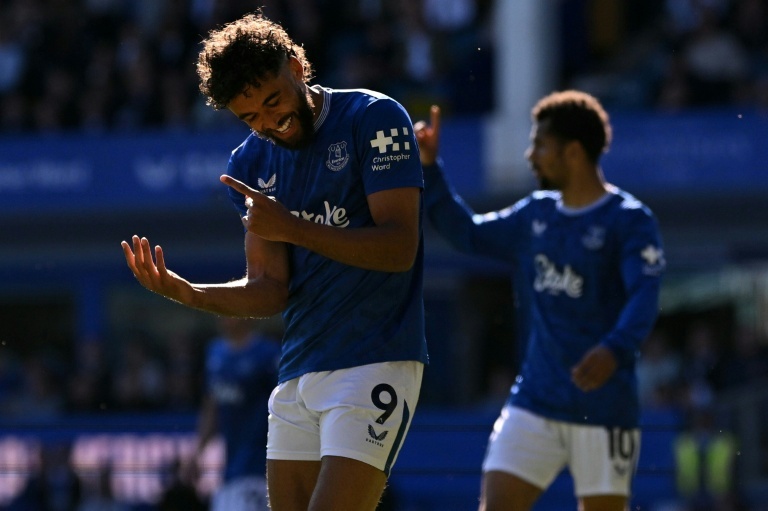
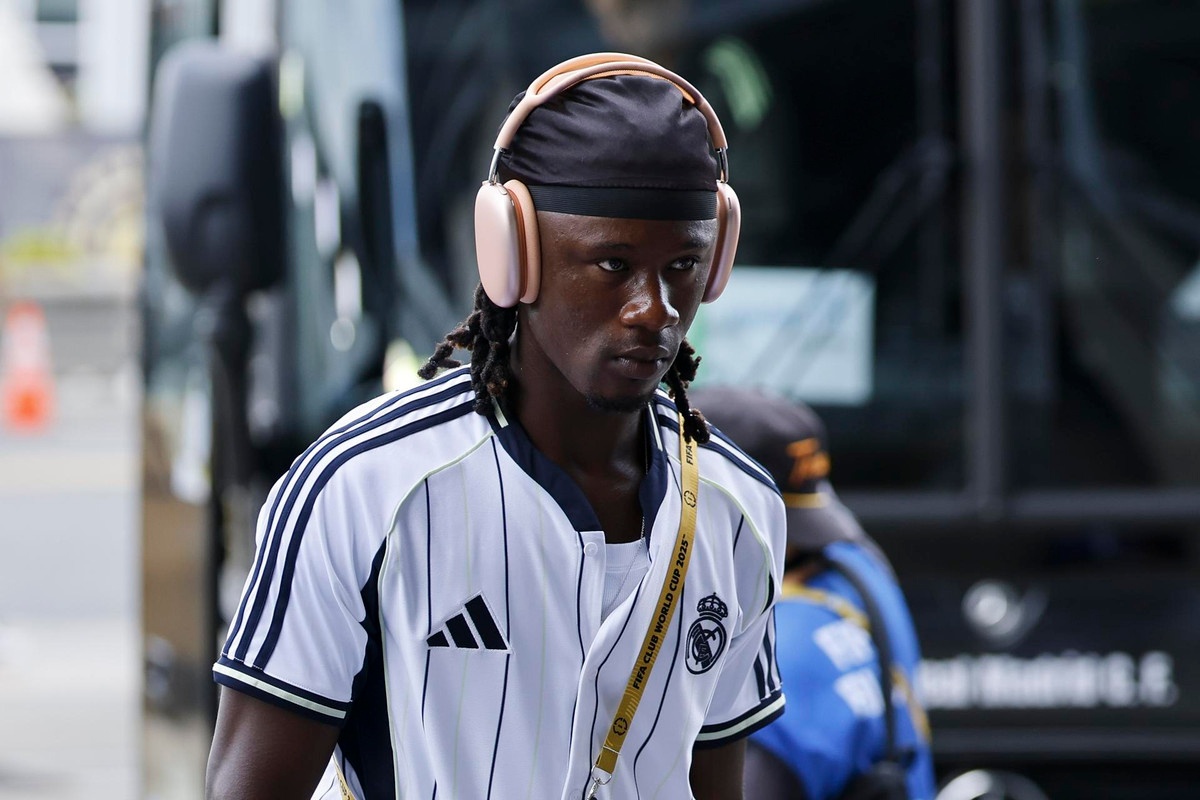
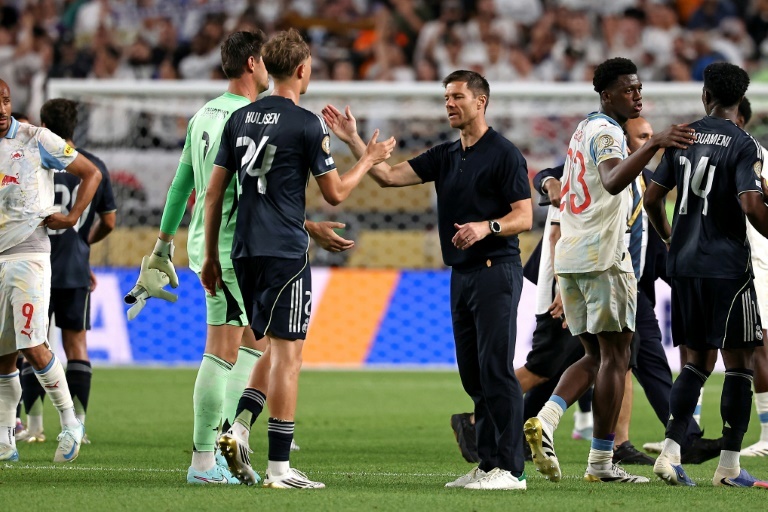
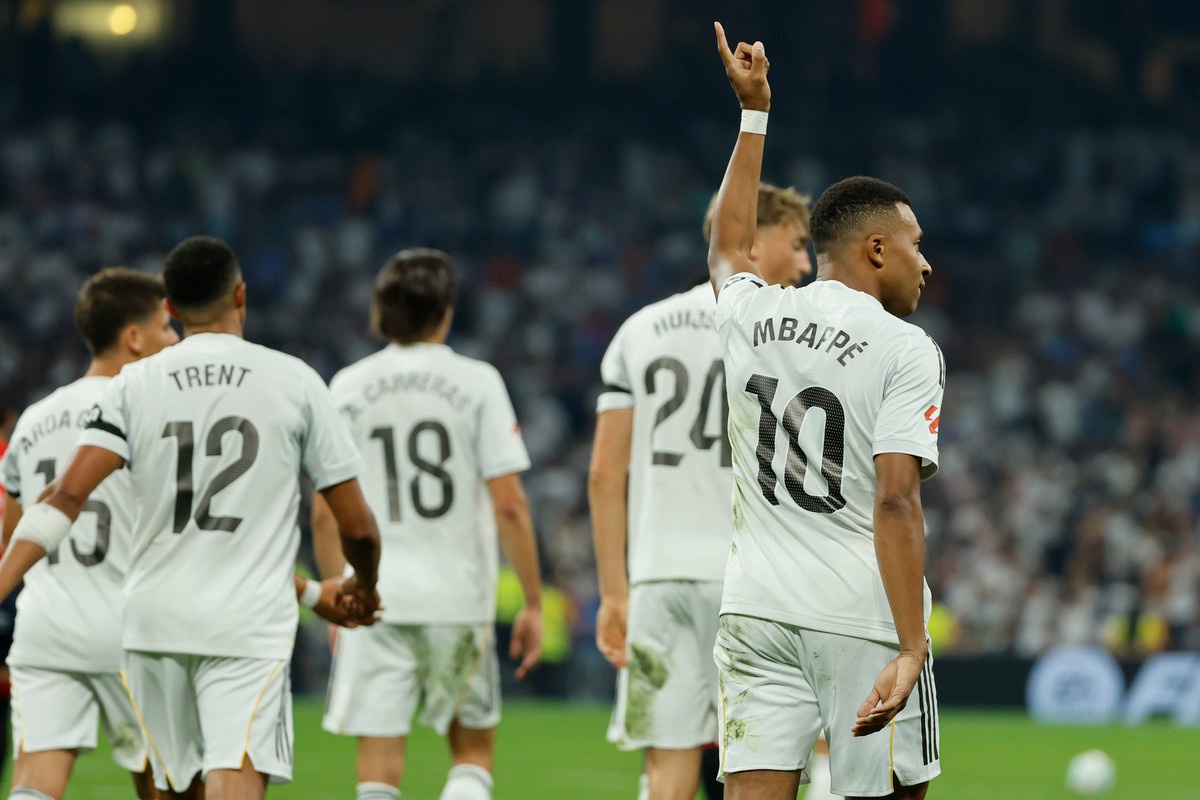
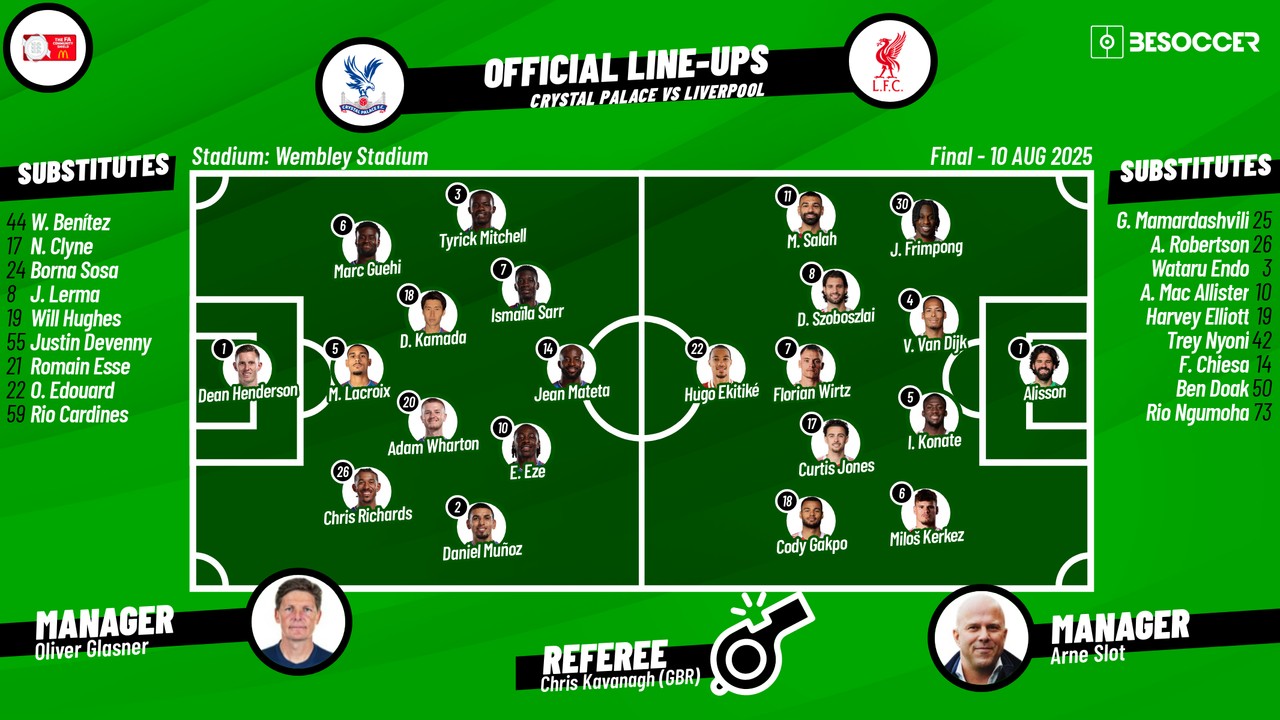
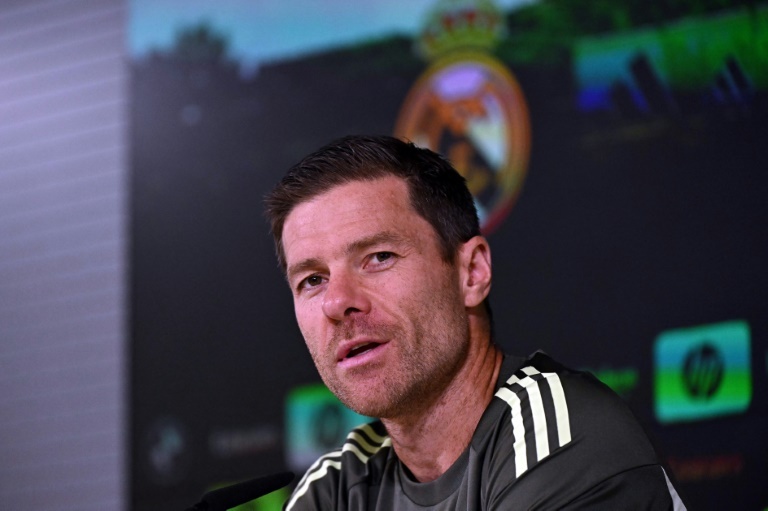
Comments